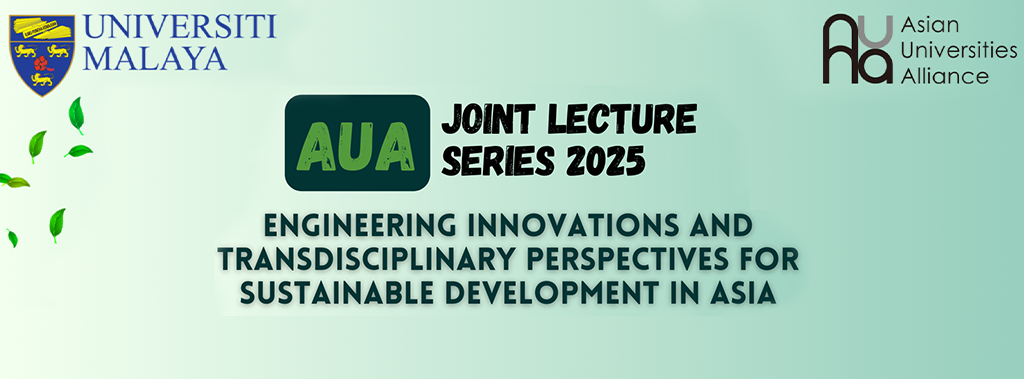Theme:
COVID-19 and Output in Japan
Speaker:
Associate Prof. Taisuke Nakata
Graduate School of Economics and Graduate School of Public Policy
The University of Tokyo
Date: 16 September 2021 (Thursday)
Time: 19:00-20:30 (UTC+8)
Main points
COVID-19 and Output in Japan
u Earlier departure from the State of Emergency(SOE) leads to a quicker rebound and higher risk for another SOE, which means economic loss and cumulative deaths are both higher than otherwise.
u Short-run trade-off between economic activity and infection control does exist, but in the long-run, containing infection to a sufficiently low level is good for the economy.
COVID-19 and suicide in Japan
u In Japan, suicide and the unemployment rate have kept a strong positive correlation for long. The pandemic strongly affected economic development and thus increase cases of suicide.
u Excess suicide concentrated on younger generations, contrary to the age distribution of deaths from infection.
u Rise in suicides is likely to continue after the pandemic.
Summary:
COVID-19 and Output in Japan
Since the outbreak of COVID-19 pandemic in early 2020, Japan has implemented non-pharmaceutical interventions (NPIs) such as stay-at-home orders and city-wide lock-downs to control the spread of coronavirus. Associate Professor Taisuke Nakata and his colleague conducted a model-based analysis in which they built a tractable Susceptible-Infected–Recovered (SIR-macro) model with time-varying parameters to explore various policy questions such as when to lift SOE. The result demonstrates that earlier departure from the SOE results in smaller output loss and more deaths in the short-run. However, if the SOE is lifted too early, the number of new cases will surge and another SOE may need to be issued in the future, possibly resulting in both larger output loss and more deaths. Thus, the trade-off between output and infection that exists in the short-run does not necessarily exist in the long run. During 2020, the analysis has been frequently reported by media and presented to policymakers on many occasions, playing a unique role in the policy response to the COVID-19 crisis in Japan.
COVID-19 and suicide in Japan
Associate Prof. Nakata also shows how the model predicts the impact of Covid-19 pandemic on the unemployment rate and suicide rate in different gender and age categories in Japan. The analysis result shows that: 1) various factors have contributed to the increasing number of suicide, while unemployment has only explained half of that; 2) there were more suicides among younger generations, which is sharp contrast to the age distribution of deaths from infection; 3) the rise in suicides may continue after the pandemic since social and economic damage at the individual level is likely to be prolonged.
Important links:
https://covid19outputjapan.github.io/
https://www.covid19-ai.jp/en-us/
(written by program assistant Huang Ruihan and program student Prisma Gita Puspapuan)
*The views and opinions expressed in this lecture series are those of the guest lecturers. They do not purport to reflect the opinions or views of the AUA or its members or its Secretariat.

